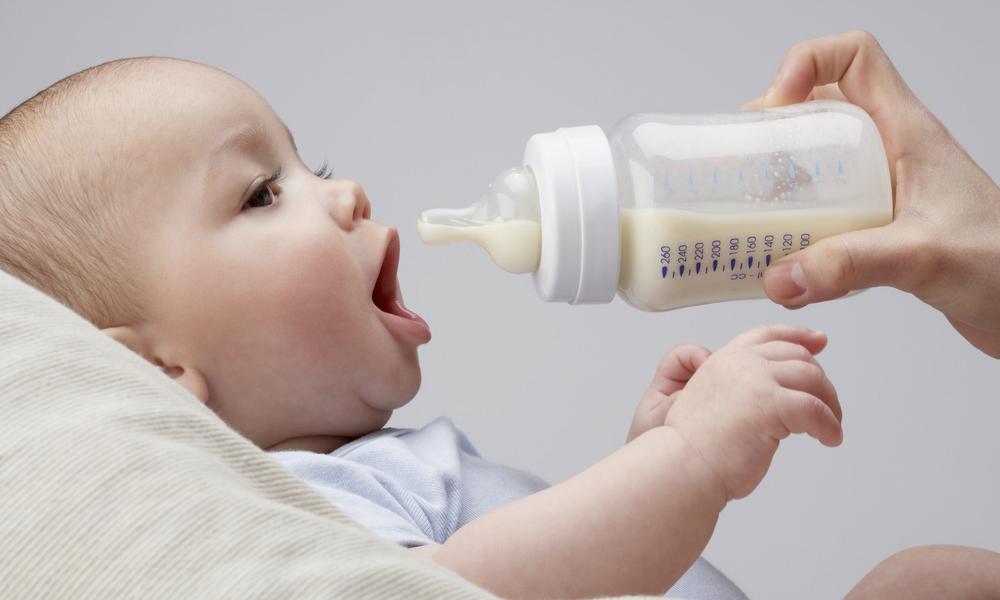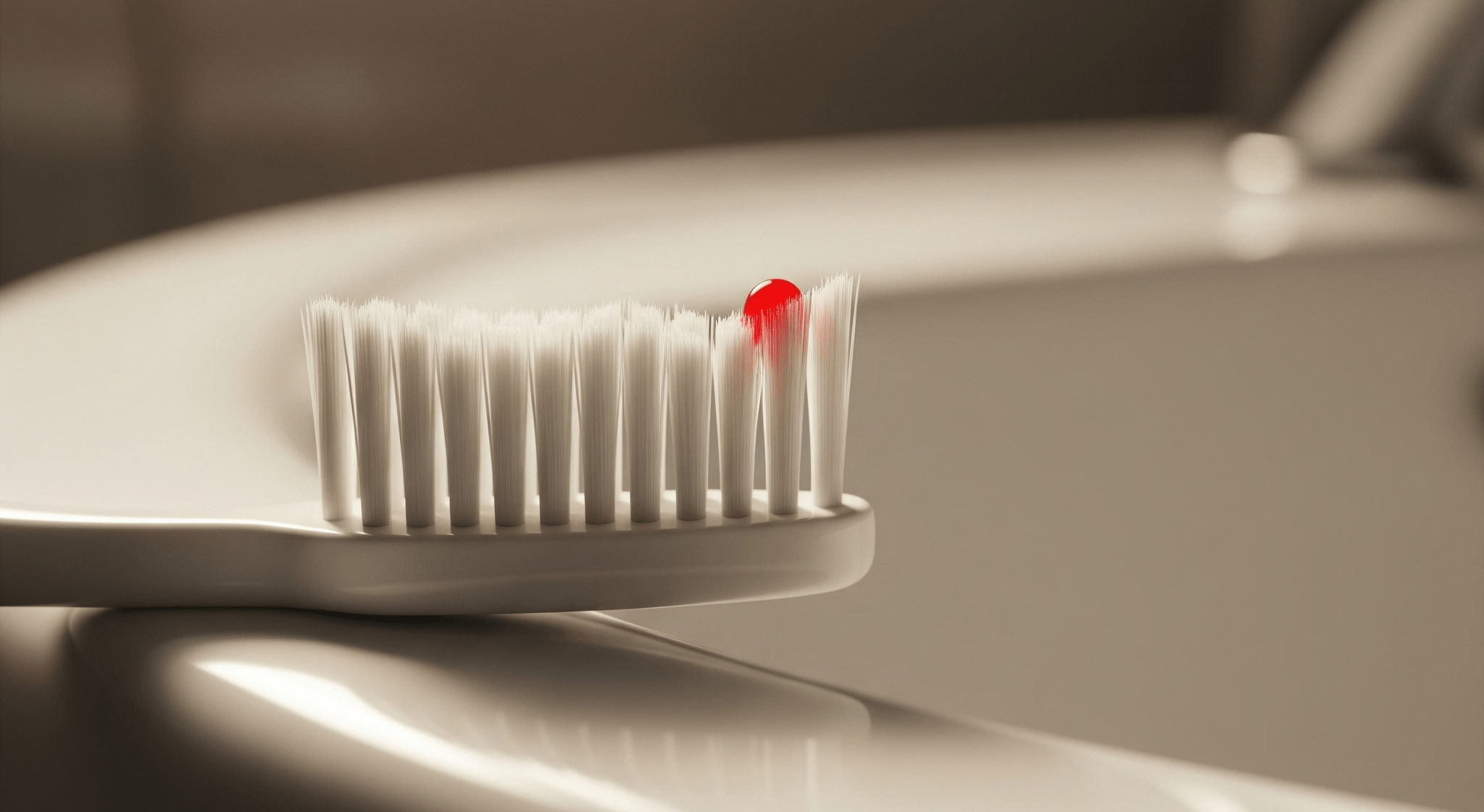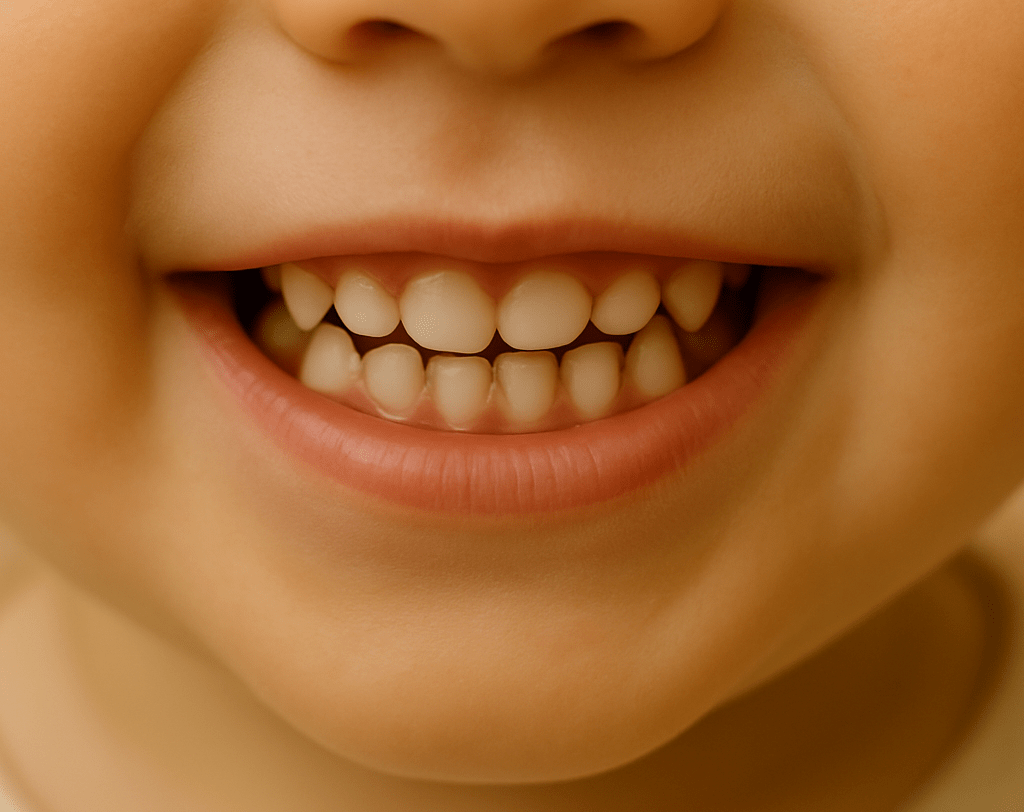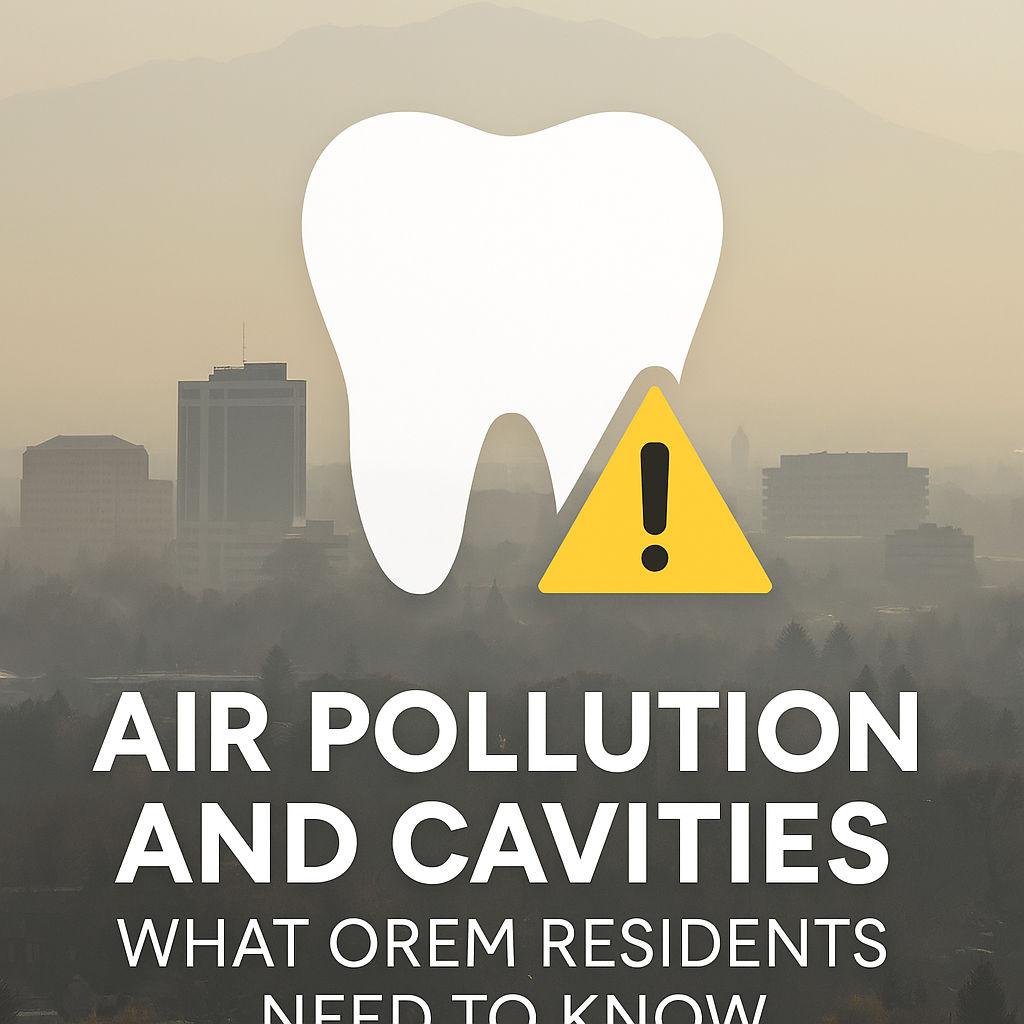Your child’s milk teeth are crucial, even if they are only short-term, and they are still prone to infections. Baby Bottle Tooth Decay, or Early Childhood Caries, is a term used to describe tooth decay in infants and toddlers. Contact us in Salt Lake City to know more. To chew food, speak, and smile attractively, children require strong, healthy teeth. Their baby teeth also aid in the proper eruption of their permanent teeth. It’s critical to begin basic oral hygiene with babies in order to preserve their teeth for many years to come.
What Causes Baby Bottle Tooth Decay?
The top front teeth are the most commonly damaged by Baby Bottle Tooth Decay, but other teeth may be damaged as well.
Tooth decay can be caused by a variety of circumstances. One major reason is the baby’s teeth being exposed to sugary drinks on a regular basis for an extended period of time. When a baby is laid to rest with a bottle or when a bottle is being used as a pacifier for a cranky baby, tooth rot can arise.
Cavity-causing germs can be transferred from the mom (or principal caretaker) to the infant, resulting in tooth decay. These germs are transferred from person to person via saliva. The germs can be transferred to the newborn when the mother puts the baby’s feeding utensil in her mouth or cleans a pacifier in her mouth.
If your baby or toddler doesn’t get enough fluoride, they’re more likely to develop tooth decay. The excellent thing is that degradation can be avoided.
Preventing Baby Bottle Tooth Decay
- Avoid sharing saliva with the infant by not using shared feeding spoons or licking pacifiers. Clean your child’s gums with a fresh, damp gauze pad or washcloth after each meal.
- Brush your child’s teeth softly with a child-size toothbrush and a dab (or a grain of rice-sized quantity) of fluoride toothpaste until he or she is three years old.
- From the age of three to six, brush teeth with a pea-sized dollop of fluoride toothpaste.
- Brushing should be supervised until your child can be relied upon to spit and not swallow toothpaste, which is usually not before the age of 6 or 7.
- Fill bottles with only formula, milk, or breast milk. Loading the bottle with fluids like sugar water, juice, or soft drinks is not a good idea.
- While going to bed, infants should finish their bedtime and naptime bottles.
- If your child uses a pacifier, make sure it’s clean—don’t put sugar or syrup on it.
- By the time your child turns one, persuade him or her to consume from a cup.
- Promote good eating habits.
When your child’s first tooth develops, schedule the initial dental visit with your dentist. Treat your child’s first dental visit as if it were a well-baby examination with his or her pediatrician.
Furthermore, the secret to lifelong good dental hygiene is to begin early. Visit Canyon Gate Dental in Salt Lake City for more information on nutrition and your infant.





